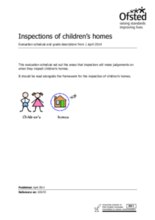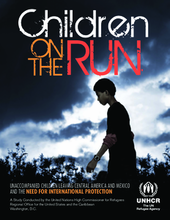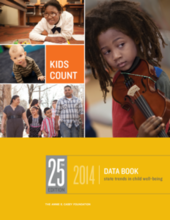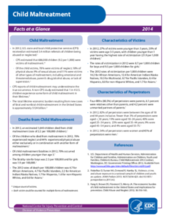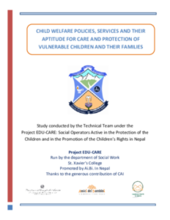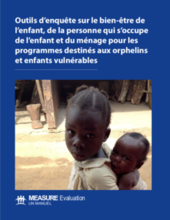Displaying 321 - 330 of 565
This evaluation schedule set out the areas that inspectors will make judgements on when they inspect children’s homes in the UK. It should be read alongside the framework for the inspection of children’s homes.
This report, issued by the United Nations High Commissioner for Refugees, examines the situation and needs of unaccompanied children who emigrate from Central America and Mexico to the United States, and offers recommendations based on those needs.
This report was prepared in February 2014 pursuant to General Assembly resolution 65/234, in which the Assembly called for an operational review of the implementation of the Programme of Action of the International Conference on Population and Development
This article reviews some of the language and conceptual issues that need to be addressed to be able to meaningfully compare differential usage of residential childcare services across national boundaries.
After the cancellation of the 2013 US National Child Welfare Evaluation Summit, the Children’s Bureau decided to develop short videos as a means of sharing ideas and issues that could not be presented at the conference. The result is the Virtual Summit Series, a group of 17 videos that combine illustration, animation, motion graphics, and content from national experts.
The KidsCount Data Book for 2014 is produced by the Annie E. Casey Foundation. It is the 25th edition of this data book, which measures state trends and demographics in child wellbeing in the United States.
This brief factsheet from the National Center for Injury Prevention and Control presents current data on child maltreatment in the United States.
The Technical Team under the Project “EDU-CARE: Social Operators Active in the Protection of the Children and in the Promotion of the Children’s Rights in Nepal” reports on the child care practices, policies, and programs currently in effect in the country.
This report is based on a synthesis of eight assessments of the implementation of the Guidelines for the Alternative Care of Children (“the Guidelines”) in Benin, Gambia, Kenya, Malawi, Tanzania, Togo, Zambia and Zimbabwe.
Ces outils de collecte de données sont des questionnaires destinés à une enquête auprès de ménages avec des enfants âgés 0 à 17 ans et les adultes du ménage qui s'occupent des enfants.

